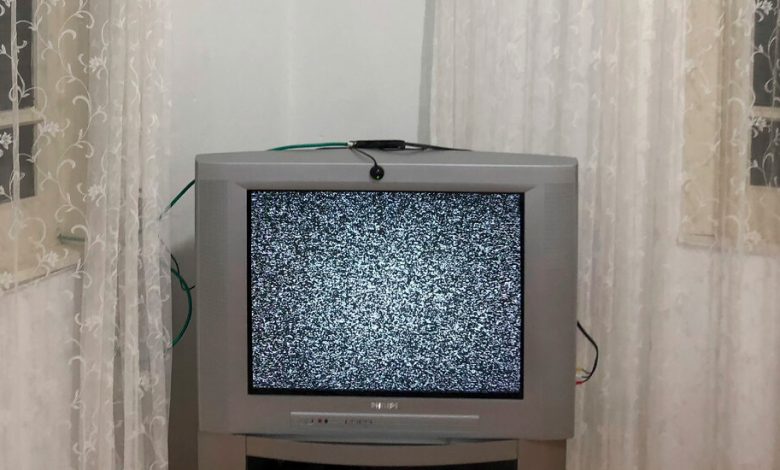How the TV Industry Lost Its Nerve

At first glance, the results of this year’s Emmy Awards, which included wins for “Succession” as outstanding drama and “The Bear” as outstanding comedy, would seem to confirm that quality TV programming is alive and well. But if you look more closely, you’ll notice red flags flying, warning us about the future. No matter how much you like the shows that won or were nominated, don’t expect another slate this good anytime soon.
The era of so-called Peak TV was kicked off in the late 1990s by “The Sopranos.” It happened because HBO, looking to disrupt the industry, broke rules, took risks and pushed creative boundaries. Today, beleaguered programming executives are hampered by cost-cutting and cowed by market upheavals. Almost no one is looking to be a disrupter anymore. In fact, the goal is just to survive, in part by undoing the disruptions of the past. That might be a fiscal necessity, but it’s not a recipe for groundbreaking TV. Anyone hoping for a repeat of the achievements of the last two decades has to look at what the disrupters did then, not at what they’re doing now.
Consider the parallel fates of the two most important recent disrupters, Netflix and HBO. Netflix in its infancy took pains to define itself against the old studios and networks. Reed Hastings, Netflix’s co-founder, along with Ted Sarandos, his top executive, disdained ads while producing risky, niche programming. For a time, it worked. When Netflix acquired “House of Cards” in 2011 by extending an unprecedented offer for two full seasons — the show went on to win three Emmy Awards in 2013 — it was a coming-out party. Intoxicated by his company’s rapid growth, Mr. Hastings rashly proclaimed that Netflix’s biggest competition was sleep.
Rare, however, is a content provider that can prosper just by selling content. Movie theaters have long made money at the concession stand, selling M&M’s and Raisinets. For the networks, profits traditionally came from selling ads. Without ads, Netflix has been bleeding money to support its spectacular growth — until 2022, when it ceased growing at the rate to which it had been accustomed.
Netflix is in the midst of a correction, and released about 130 fewer originals in 2023 than it did the previous year. Its one show in contention for outstanding drama series at this year’s Emmys, “The Crown,” has already ended. Although the miniseries “Beef” cleaned up, we can expect even fewer original scripted shows in Netflix’s future, as the streamer shifts toward reality-based material such as documentaries, stand-up, talk-shows and sports.
HBO is having its own issues. Back at the dawn of the prestige era, “The Sopranos” battled NBC’s “The West Wing” every year for the title of outstanding drama series. It finally won in 2004, initiating the reign of HBO, which culminated in a record 12 Emmys for “Game of Thrones” in 2015 — a feat it repeated in 2016 and again in 2019. In 2023, HBO had a whopping four shows up for outstanding drama series, including the eventual winner, “Succession,” as well as “The White Lotus,” “The Last of Us” and “House of the Dragon.”
We are having trouble retrieving the article content.
Please enable JavaScript in your browser settings.
Thank you for your patience while we verify access. If you are in Reader mode please exit and log into your Times account, or subscribe for all of The Times.
Thank you for your patience while we verify access.
Already a subscriber? Log in.
Want all of The Times? Subscribe.